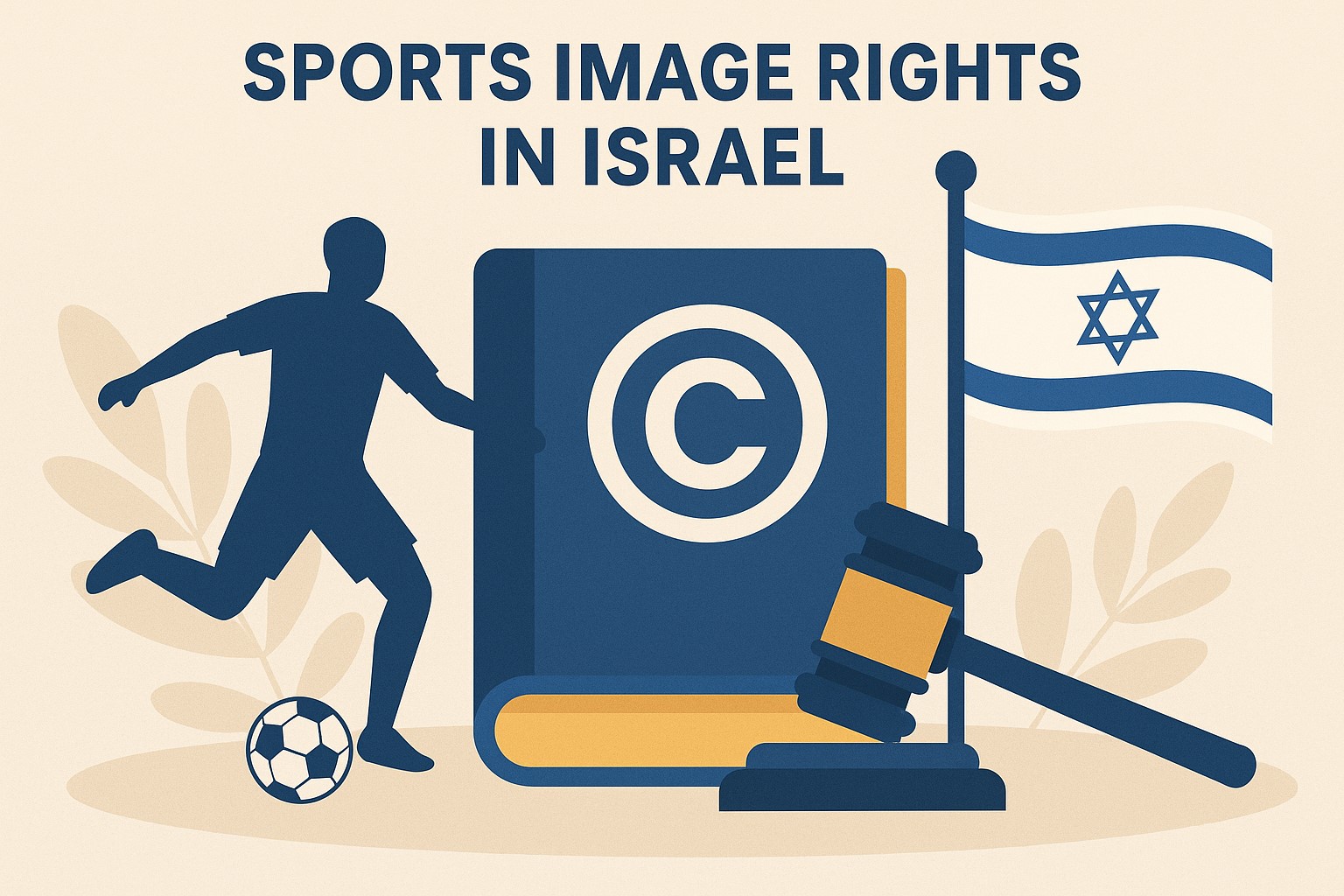SPORTS IMAGE RIGHTS IN ISRAEL

In Israel, although there is no specific law on sports image rights, they are generally protected by intellectual property law, including trademarks and copyright, and by contract law, including provisions in sponsorship, endorsement and merchandising agreements, for example, football shirts, and also in sports events promotional and advertising campaigns agreements.
Athletes – and, indeed, other individuals – have the legal right to control and benefit from the commercial use of their image rights, including their name, likeness, voice, signature, and other identifying and distinctive personal characteristics.
Importantly, the Israel Protection of Privacy Law of 1981, as amended, also offers legal protection against the unauthorised use of sports images and personal data, especially where such use is considered to be intrusive or offensive.
In recent years, the use of athletes’ image rights has extended far beyond traditional media. Social media platforms, NFTs (non-fungible tokens), and AI-generated content now play a growing role in the commercial use — and misuse — of athletes names, likenesses, or voices.
Although there is no specific legislation in Israel yet covering these digital developments, existing privacy and contract law may offer protection against unauthorised or misleading use.
Athletes and their representatives are advised to ensure that image rights agreements clearly address digital use — including social media campaigns, virtual merchandising (for example, NFTs), AI-based likenesses or deepfakes, and rights clearance for streaming, gaming, and metaverse platforms.
Determining the value of sports image rights is another issue and can be problematic and complex, in practice, involving such factors as the popularity, performance, and market demand of the athletes concerned. For tax purposes, a professional valuation is always advisable.
Likewise, professional tax advice should be sought on structuring sports image rights deals, from a tax mitigation point of view, especially when they span several jurisdictions.
In all cases, they should be covered by separate image rights agreements and not included in sports employment agreements.
On the issue of valuing and structuring sports image rights deals, see the important decision of 22 March 2019 by the UK First-tier Tax Tribunal in the Geovanni Gomez case – Hull City AFC (Tigers) Limited v HMRC [2019] UKFTT 227.
Although English court decisions are not binding in Israel, they can be cited as persuasive authority.
For further information and advice, email Kim Gamboni at gamboni@valloni.ch.